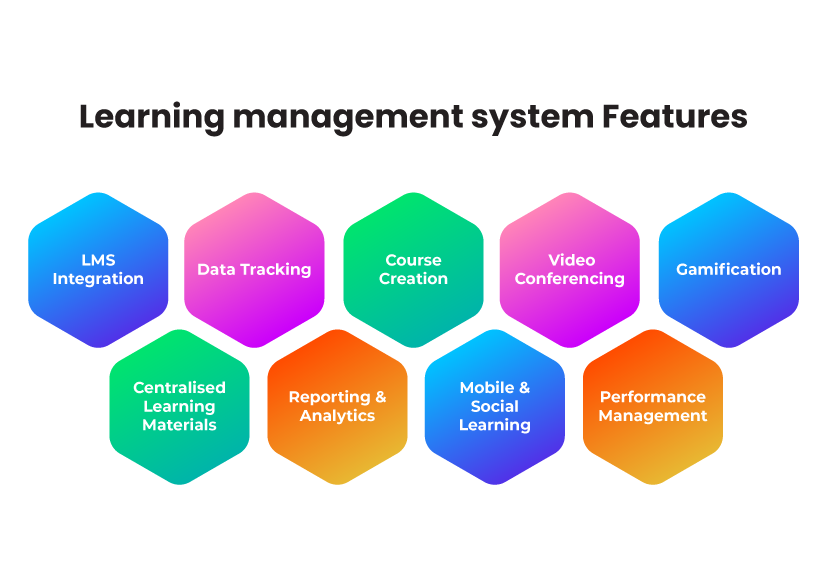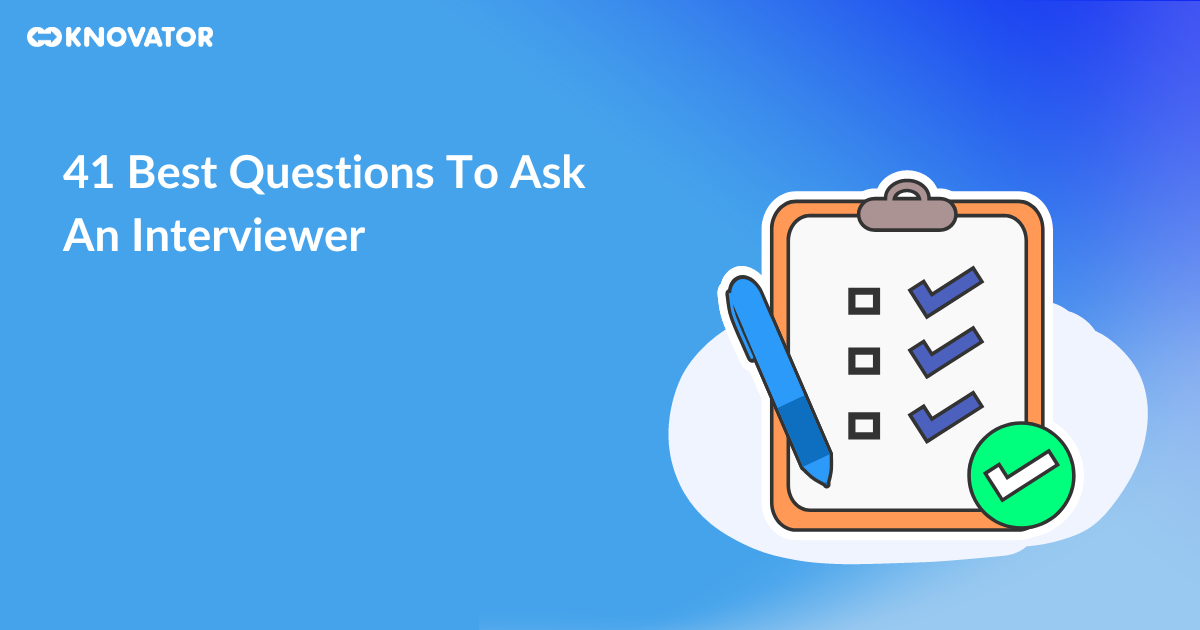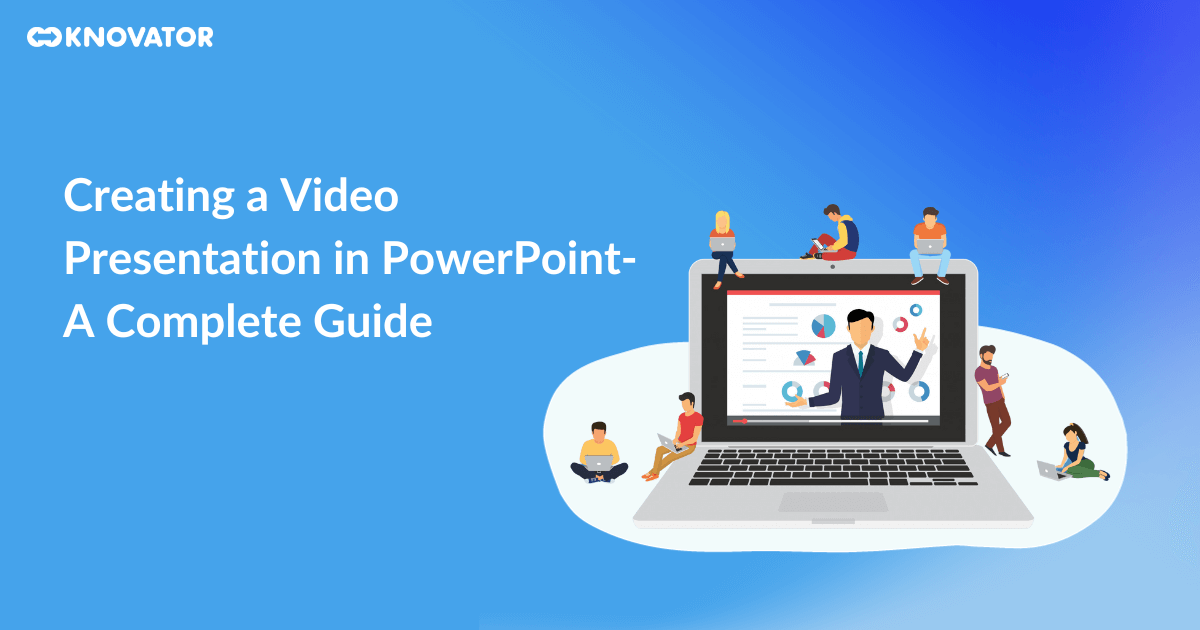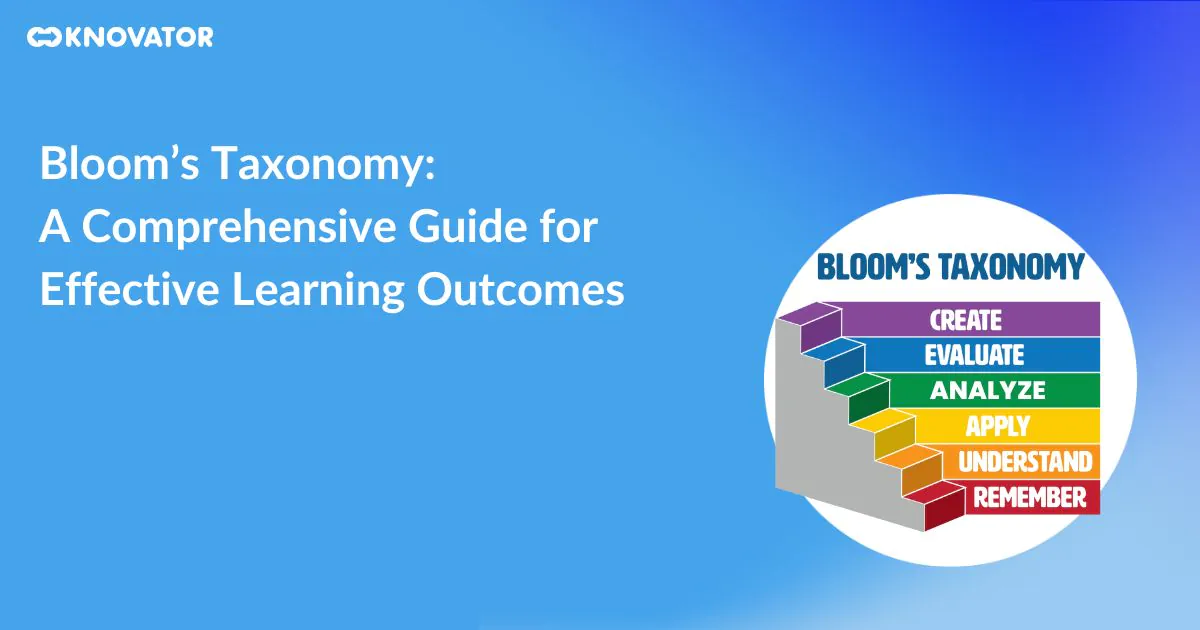What Is An LMS?
LMS full form, Learning Management System, is a software application that developers design for administration, documentation, automation, tracking, recording, managing, reporting, and delivery of E-learning materials, training courses, and training and development programs.
Who Needs An LMS?
Post covid -19 Pandemic, the demand for Learning Management Software, in organisations worldwide is increasing at a higher rate as employees start working from home. Organisations working across different industries, including Healthcare, Education, Computer & Information Technology, Retail Stores, and more, use LMS to educate and train employers who are working remotely. Other than this, LMS also helps organisations maintain a proper track of employer progress and experience.
What Is An LMS Used For?
Learning Management System or LMS is mainly used to organise and evaluate corporate and educational training programs. With LMS, educators or managers can build complete educational or training courses without the help of a developer. Also, LMS helps learners to easily find important information whenever they need it as all the crucial data is stored in one centralised place. Other than this, it also helps learners access their learning material anytime and from anywhere, which helps them to learn at their own pace.
What Are The Advantages of An LMS?
The different LMS or Learning Management Software advantages include the following:
- LMS helps organisations to create engaging and interactive courses.
- LMS helps organisations store all the important information and learning materials in one place.
- LMS helps trainers to add new content or update existing content in a short period.
- LMS streamlines the task of distributing content to learners as all the training materials, resources, assessment reports, and teaching plans are stored in one place.
- LMS helps learners to save costs by reducing transportation costs. Also, it helps organisations save money on renting training rooms, printing paper materials, infrastructure, and other relevant costs.
- LMS helps e-learning institutions to earn money by imposing fees on learners for accessing different learning courses.
- LMS helps learners access learning material through various media, including audio, video, images, pdf, text files, etc.
LMS Features
LMS Integration
By having an option to integrate your Learning Management Software with the other software you are already using (like CRM, webinar tool, Single-Sign-On, etc.) helps you to automatise various tasks.
Data Tracking
data help admins understand how both course and learners perform. This allows L& D professionals to better track and design the best course.
Course Creation
With LMS software solutions, you can streamline your course creation process as it allows you to create courses in a few clicks. A great LMS allows you to create courses in different formats, including videos, pdfs, slides, and even live training sessions.
Video Conferencing
LMS video conferencing features allow trainers or educators to communicate with trainers or students face-to-face online.
Gamification
Gamifying your training activities with different gamification elements like badges, points, scoreboards, leaderboards, etc. helps boost learners’ engagement, knowledge retention, healthy competition, and more.
Centralised Learning Materials
With LMS software solutions, you can save all the learning materials like session videos, pdf files, slide decks, and others in a user-friendly centralised location.
Reporting & Analytics
A good LMS system equipped with Artificial Intelligence makes the process of reporting, data analysing, and deriving conclusions extremely easier and speedy.
Social Learning
With this LMS feature, you can share your knowledge through documentation repositories, Wikipedia, Blogs, social networking, and discussion forum.
Mobile Learning
With LMS software solutions, trainees, employers, and students can attend online education classes or training anytime and from anywhere using tablets, smartphones, and other mobile devices.
Performance Management
With LMS, you can enhance employers’ productivity, retention, and performance as it allows competency-based learning, appraisals, performance reviews, and individual development plans.
LMS Licensing Types
Active User (Usage)
Active User Usage, also known as Top Tier Option, defines learners as the active user only after the user’s account gets created, the user logs into the LMS system, or when the user interacts with the prescribed learning content. In this Model, LMS buyers have to pay only once for interaction, regardless of whether the user logs in to the system the once or 1000 times after the interaction.
Registration Model
In this model, the usage is calculated based on different metrics, including the number of users logging in to the LMS, the number of users registered for a course, and the number of users buying content or earning certification. This Model is a feasible option when the user starts with the LMS first, as it is affordable and risk-free.
Product Based
In this model, the term “product” is analogue to courses or curriculums within the LMS and available for sale. The sale of content is the most important factor of the product-based model.
Revenue Share
In this model, the LMS buyers pay the vendor based on the percentage of course sales or the number of users (registered users or active users) using the LMS platform.
How Much Does It Cost To Develop LMS?
The cost of developing a Learning Management System or LMS for your organisation varies widely. Telling the exact custom lms development cost is quite difficult as its exact cost depends on several factors. Here are a few factors that affect the cost of building LMS:
1.Set-Up Fee
It is a one-time payment that you have to pay to configure your platform and provide implementation support. Paying this fee will ensure that your LMS is functional and ready to go. The LMS software development set-up fees range between $5,000 to $50,000.
2.License Fee
The license fee is paid monthly or annually to license your platform on a subscription basis. Paying annual is a good option as you may receive a discount on the overall fee. Also, the LMS license fee depends on your selected pricing model. Here are the two different pricing models you can choose for your LMS:
Pay Per User: The pay-per-user pricing model depends on your platform’s total number of registered users. The price for this ranges between $2 to $5 per user.
Pay Per Active User: The pay per active user depends on the number of users accessed on your platform during a billing cycle. The price for this ranges between $1 to $1 per user.
3. Hidden Cost:
The hidden cost of developing an LMS includes the following:
- Customer support you recieve after implementation.
- Training programs arranged by your vendor to train you on how to use LMS
- Add on Fees
These were the cost incurred only for developing Learning Management System software. The LMS design, complexity, features, developer’s location, development time, maintenance, and other support also affect the overall cost of LMS. Therefore, prefer to choose an LMS development company that offers a quality product at an affordable price.
LMS Deployment Option
Check three types of LMS deployment options below:
- Open Source Learning Management: To launch an open-source LMS, you just need an open-source course code to access the system. The open-source code can be downloaded for free. The code can be used not only to just access the LMS but also you can customize it according to your needs. Once you access your open-source LMS, you are free to deliver and manage your content, add the learners, track their performance, and more.
- Enterprise-Specific LMS: The enterprise-specific LMS is used to administer and deliver corporate training to employees to strengthen their professional knowledge and skills, maintain certifications, and comply with government and state regulations. The Enterprise =specif LMS is also to educating non-employees like business partners, sales representatives, and customers, on an enterprise’s products and services.
- Industry-Specific LMS: The industry-specific LMS are designed for specific industries that want to use LMS to streamline their training process. With LMS, the companies operating in different industries can easily achieve their training goals.
LMS Tracking (ROI of Learning)
The Award-Winning Knovator LMS Software Development
The award-winning Knovator’s Learning Management System development company received several awards for flawless employers’ online training and e-learning solutions. The LMS software we developed helps the Learning & Development team resolve several issues they may face while creating personalised training courses or arranging training and development programs. Also, it helps you to maintain consistent project quality from start to end. Knovator’s LMS Software Development is best for E-learning organisations implementing work-from-home teaching for students.
Still, confused about how to choose the right LMS software for your business? Let our experts help you out.
Looking to buy the right LMS software for your business. Reach us to make the right LMS choice.











